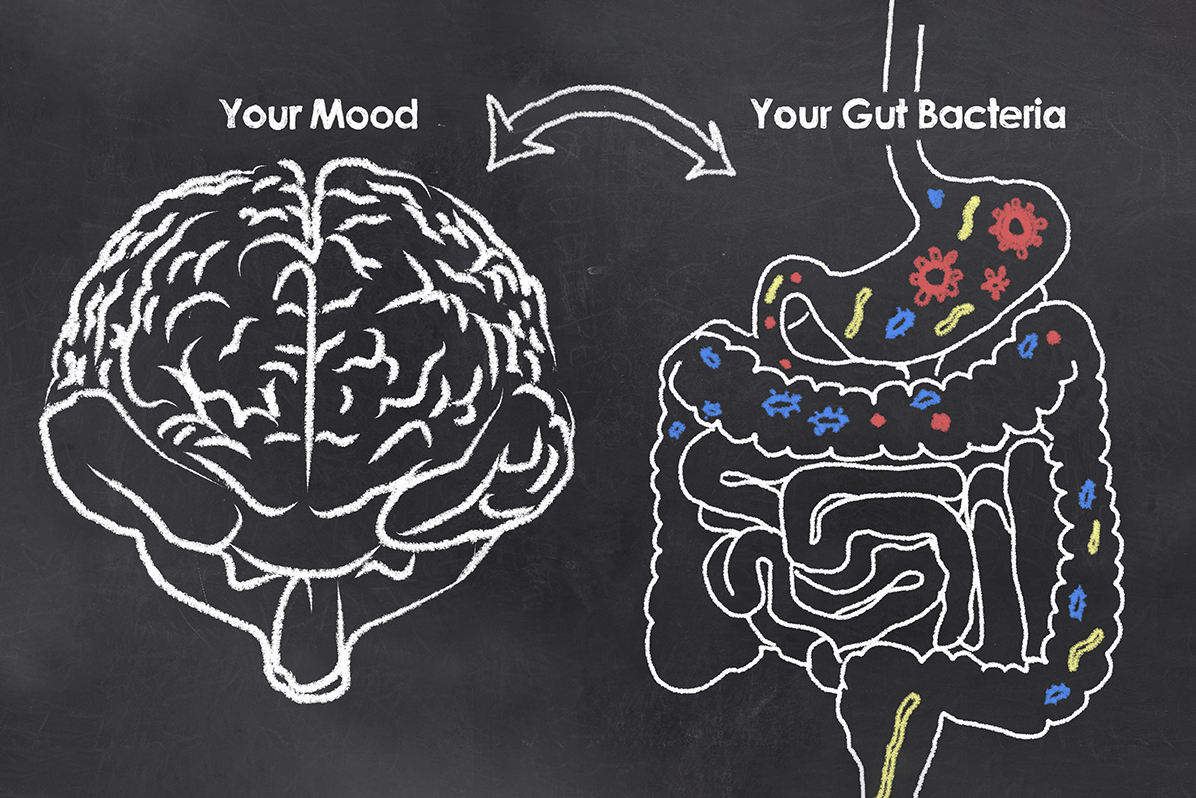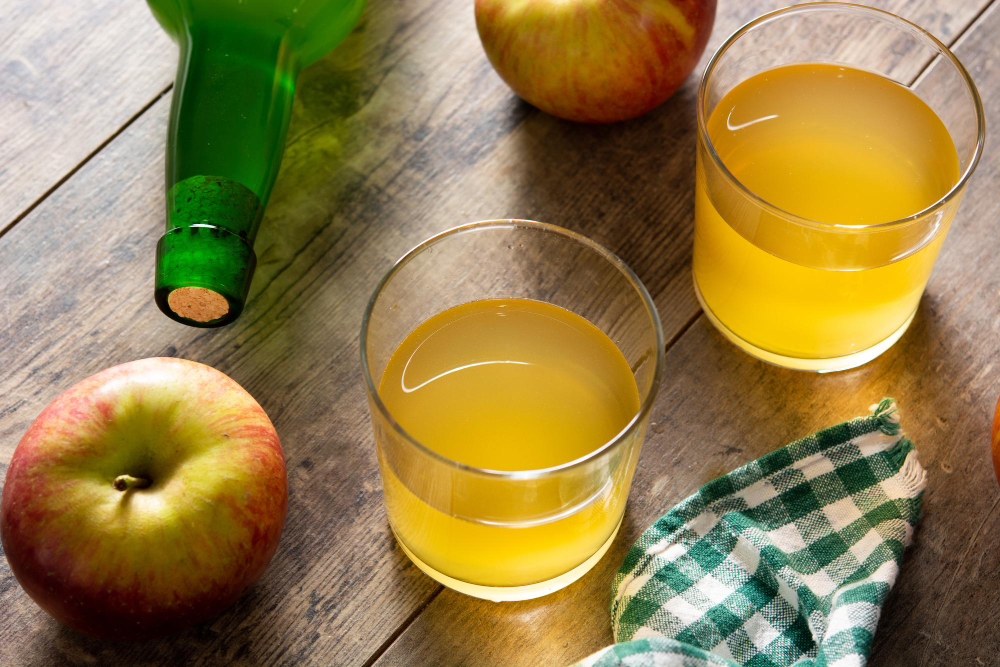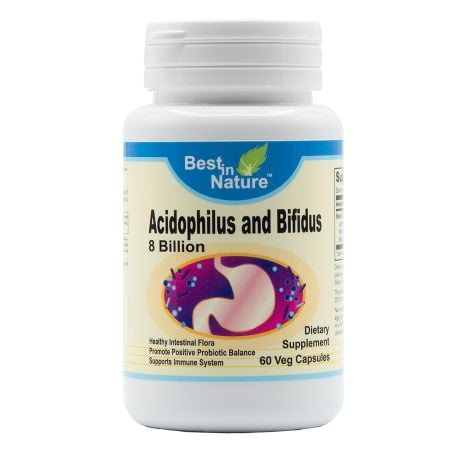
Have you ever had a gut feeling that your digestive health is more important than you know?
Most people are simply taught gut health’s relationship with digestive regularity but it goes so much deeper than that. 70% of your body’s immune system resides in your gut so a properly balanced microbiome will have untold benefits during cold and flu season.
More recent findings suggest that the gut also produces chemicals that help regulate mood, body weight, blood sugar, and blood fats, and suppress inflammation. So how can we support our gut health? Here are 15 gut health hacks for a healthier you.
Learn and Avoid Your Food Sensitivities

Your gut may be sensitive to specific foods such as dairy, gluten, and certain carbohydrates. For example, a lack of enzymes or other reasons can cause dairy and gluten to not be digested in the gut. As they reach the intestines undigested, they get fed on by bacteria that release gases causing bloating and irritation.
One strategy you can use to learn what food sensitivities you want to avoid is the FODMAP or elimination diet. Check out this post from Hopkins Medicine to learn more.
[READ: Gut Health Foods: Probiotic, Prebiotic and Enzyme Rich Foods You Should be Eating]
Drink More Water
Water is vital to your body and the digestive process. It’s been shown that drinking water during or after a meal aids your body in breaking down and digesting food as It’s an important part of the process of nutrient extraction and absorption. Because of this, drinking enough helps to keep your stools soft aiding in digestive regularity.
Exercise Regularly
Exercise is good for the heart but it’s also good for the gut. Recent studies suggest that aerobic exercise can increase the diversity of healthy bacteria in the gut.
The linked study further suggests that because of exercise’s benefit on gut health and what’s known as the “gut-brain-axis”, aerobic exercise can reduce symptoms of IBS, help with digestive regularity and even promote a healthy mood leading to lower levels of anxiety and depression.
[READ: 23 Health and Wellness Tips: Daily Habits, Work and Diet Tips]
Chew Your Food Thoroughly
The importance of taking the time to chew your food thoroughly and slowing down during dinner cannot be understated and provides multiple benefits.
As you chew your food, your body produces more digestive enzymes helping to break down those foods so they’re easier to digest once they reach your gut. Chewing also sends signals to the gut to produce more stomach acid further easing digestion.
Taking the time to chew thoroughly also helps with weight management. When eating too quickly, we can eat more than we realize because our brains aren’t keeping up.
Lastly, eating too quickly and not chewing thoroughly can allow chunks of food that haven’t been broken down to reach the colon causing bacterial overgrowth, leading to indigestion, bloating, flatulence and constipation.
Drink Apple Cider Vinegar Before Meals

First things first; you might be asking ‘What is apple cider vinegar?’ Put simply, it’s apple juice that has been fermented twice. Try seeking out unpasteurized, non-filtered apple cider vinegar. For gut health purposes, the non-filtered variety will be superior as it provides protein, enzymes, and the bacteria themselves that made the vinegar in the first place.
In addition to probiotic bacteria and enzymes, apple cider vinegar may help to stimulate the production of stomach acid further improving digestion over time.
If you want to add apple cider vinegar to your gut health regimen but don’t enjoy the taste, try Apple Fit our convenient apple cider vinegar capsules.
Eat Fermented Foods
Sauerkraut, kimchi, yogurt, and other fermented foods are often touted for their gut-healthy benefits. It’s long been thought that as we eat them, the specific bacteria contained within these foods are absorbed into our guts, aiding digestion.
A more recent study found that it’s a little more complicated. Over the course of the study, those who ate a diet rich in fermented foods experienced an increased diversity in their gut microbiome rather than simply absorbing bacterial strains directly from the foods they ate.
Eat the Rainbow of Produce

When it comes to your gut’s biodiversity, you’ll also want to make sure you’re eating a wide variety of fruits and vegetables. Different fruit and vegetable groups provide different fibers and nutrients that feed the various strains of bacteria in your gut.
Researchers at the American Gut Project found that those who ate 30 or more types of produce in a week had more diverse gut bacteria than those who ate fewer than 10 types. Eating a wider range of produce even had a greater impact during studies than whether participants ate meat or were completely vegetarian.
Enjoy that Coffee or Tea
We probably don’t have to convince you to have that morning coffee or tea but you probably didn’t know that it’s helping your gut.
Coffee and black or green tea contain plant compounds called polyphenols which can increase the number of beneficial bacteria that protect the inner lining of the intestines and may even boost immune function. In addition to their effect on gut health, coffee and tea are rich in antioxidants which are great for general health.
There is a caveat that some people have caffeine sensitivities and for them, coffee or tea could cause discomfort or worsen IBS symptoms.
[READ: Eating Healthy While Traveling]
Drink Herbal Teas

Herbal teas have some benefits that set them apart from the last entry since they’re technically not true teas. The best herbal teas for your gut and digestive health are:
Ginger tea: this herbal tea has a long history of being used as a home remedy for digestive ailments. Recent research on the issue has found the strongest benefit in digestive motility and preventing pregnancy-induced nausea and vomiting.
Peppermint tea: menthol, the main compound in peppermint has been found to have some effect in relaxing intestinal muscles and decreasing IBS symptoms.
Dandelion tea: animal studies on extracts from dandelion have shown that it contains compounds that stimulate muscle contractions and promote the flow of food from the stomach to the small intestine.
Eat Fiber-Rich Foods
You’ve likely heard of the term probiotic (ie heathy gut bacteria), while dietary fiber is what’s known as a prebiotic. These are compounds that your gut bacteria feed on making them a vital part of your gut health regimen.
Fiber-rich prebiotic foods include:
- Oats
- Bananas
- Asparagus
- Garlic
- Leeks
Keep Your Stress in Check
Stress is normally only thought of as having negative effects on heart health and maybe our appearance. But chronic stress can also impede your normal digestive function and left unchecked and can lead to IBD or a number of other issues including:
- Heartburn/ acid reflux
- Cramps
- Diarrhea
- Gas
- Indigestion
- Inflammation
- Nausea
Stress can also further worsen:
- Crohn’s Disease
- Gastritis
- Gastroesophageal Reflux Disease (GERD)
- Infections
- Irritable Bowel Syndrome (IBS)
- Ulcers
[READ: 20 Simple Ways to Destress]
Improve the Gut Microbiome with Sleep

Yep. That’s right. On top of all of its other benefits, getting enough sleep will help to keep your gut functioning in tip-top shape.
Intestinal metabolism is closely connected to brain function by way of the circulatory system and vagus nerve. This relationship is known as the “gut-brain axis” we referred to earlier. These systems communicate and set a 24-hour schedule for your sleep and metabolism. So getting enough sleep is important for gut health and eating a healthy diet is important for sleep.
Additionally, people who don’t sleep enough are more likely to crave and eat junk food which can further damage the gut.
Another Reason to Say No To Alcohol
As with sleep, one of the best things you can do for your body is to quit drinking or cut back severely if you do. Excessive drinking can be damaging to every one of your body’s systems including the digestive system. Alcohol causes damage to every organ it comes into contact with as it passes through your body.
As a result, it can disrupt your digestion in multiple ways. In the gut, alcohol disrupts both the digestion of sugars and the balance of bacteria. It also leads to a shift in the gut’s normal fungal diversity, causing the overgrowth of a type of yeast called candida. These disruptions generally lead to gas and bloating. Check out this article for a more comprehensive breakdown of how alcohol damages your digestive and metabolic systems.
Avoid Ultra-Processed Foods

The best foods for your gut’s microbiome are going to be whole foods like chicken breasts, fish fillets, fruits, vegetables, nuts, and whole grains. These foods provide the materials that your gut and body need to thrive like vitamins, minerals, fiber, and antioxidants. On the other hand, ultra-processed foods should be avoided when possible.
These are foods that contain additives and go through intensive manufacturing processes that strip them of nutrients. As a result, people who eat more ultra-processed foods have less diverse gut microbiomes. Ultra-processed foods may even increase the prevalence of destructive bacteria which produce toxins that harm the gut. Generally, at the grocery store, if you’re shopping around the perimeter, you’re probably making better food choices. Ultra-processed foods are typically located within the center aisles.
Ditch Fad Diets
Many fad diets are normally nothing more than a formula for failure that promise quick results that almost never last. The most restrictive diets might cut out all carbs or recommend eating nothing but meat. This will leave you without valuable sources of prebiotic fibers, digestive enzymes, and other nutrients that your gut needs.
It’s worth consulting your doctor or a dietitian before making drastic dietary changes.
Bottom Line
A healthy gut equals a healthy you. After all, it’s the gateway for all of the nutrients you take in to get to your body’s various systems. Unsurprisingly, eating a healthy diet in several ways will help to improve the biodiversity of your gut’s microbiome, as well as ensure pH balance. However, adequate sleep and stress management will be equally important. It might sound like a lot of work for little return but a healthy gut will result in better digestion, improved quality of sleep, increased immune function, and better mood.
This article is provided for informational purposes only and is not intended to be used as medical advice. If you have immediate concerns about your health, please seek the help of your physician.
*These statements have not been evaluated by the Food and Drug Administration. Products are not intended to diagnose, treat, cure or prevent disease.






Validate your login
Sign In
Create New Account